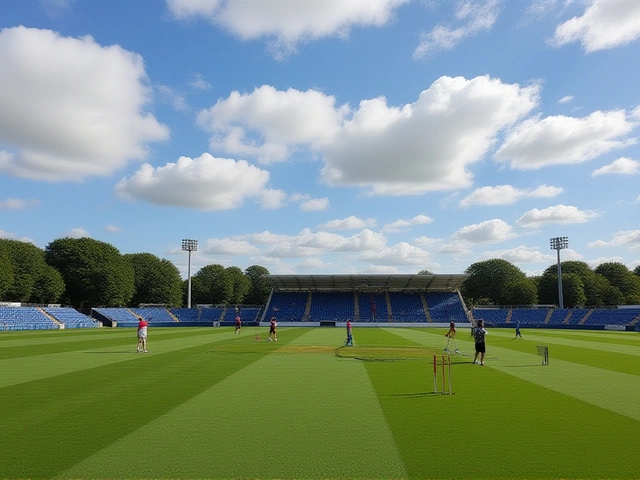Best News Channels for Current Affairs – Honest Reviews & Quick Comparisons
If you’re scrolling through headlines and wondering which channel actually gives you the whole picture, you’re not alone. In a world flooded with information, picking a reliable source for current affairs can feel like a gamble. Luckily, we’ve broken down the most trusted news outlets, what they do well, and where they fall short, so you can choose the one that fits your style.
What Makes a News Channel Trustworthy?
First, let’s set the bar. A trustworthy channel should deliver facts quickly, explain the why behind the headlines, and keep personal biases in check. Look for clear sourcing, a mix of international and local stories, and regular fact‑checking. When a channel can offer these, you’re more likely to get a balanced view instead of echo chambers.
Top Picks for Current Affairs Coverage
BBC World News – Known for its global perspective, the BBC often provides a calm, well‑researched take on major events. Their reporters are spread across continents, which means you get context you might miss on a purely domestic channel. The downside? Sometimes the pacing feels slow if you’re after real‑time alerts.
Al Jazeera English – If you want deep dives into under‑reported stories, Al Jazeera shines. Their investigative pieces and focus on the Global South bring fresh angles to familiar topics. The channel can be opinion‑heavy at times, so pairing it with a fact‑checking service helps keep things balanced.
CNN – For fast, breaking news in the United States, CNN remains a go‑to. Their 24‑hour coverage keeps you updated as events unfold. However, the rapid turnover can lead to occasional errors, so cross‑checking with a wire service like Reuters is a smart move.
Reuters – Think of Reuters as the newsroom behind the scenes. They supply concise, wire‑style updates that power many other outlets. If you need a quick snapshot without fluff, Reuters’ bulletins are gold. The trade‑off is less analysis; it’s pure facts.
Associated Press (AP) – Much like Reuters, AP offers straightforward reporting with a reputation for accuracy. Their local coverage in India is especially solid, making them a reliable source for regional developments alongside international news.
All these channels have strengths, but none is perfect. The best strategy is to mix and match – follow a global channel for big‑picture context, a local wire for precise details, and a deep‑dive outlet for investigative stories.
Want a quick cheat‑sheet? Here’s a simple weekly routine: start your morning with a 10‑minute BBC roundup, flip to an Al Jazeera in‑depth piece during lunch, and check Reuters or AP for any breaking alerts before you wrap up the day. This habit gives you breadth, depth, and speed without overwhelming you.
Remember, the goal isn’t to trust a single channel forever; it’s to stay informed by checking multiple sources. When you notice a story appearing across BBC, Al Jazeera, and Reuters, you can feel confident it’s well‑verified. If an outlet stands alone, give it a healthy dose of skepticism and look for corroboration.
Ready to pick a channel? Try out each for a week, note how you feel about their coverage style, and keep a short log of what you like or dislike. The channel that matches your pace and curiosity will become your go‑to for current affairs.

Determining the "best" news channel for current affairs can be quite subjective as it largely depends on one's preferences for style, depth of coverage, and political leanings. However, often cited for their comprehensive and balanced coverage are BBC World News, Al Jazeera English, and CNN. BBC is known for its international perspective, Al Jazeera for its deep dives into underreported stories, and CNN for its in-depth American news. Online platforms like Reuters and Associated Press are also excellent for up-to-the-minute updates. However, it's always wise to cross-check news from different sources for a more well-rounded view.





